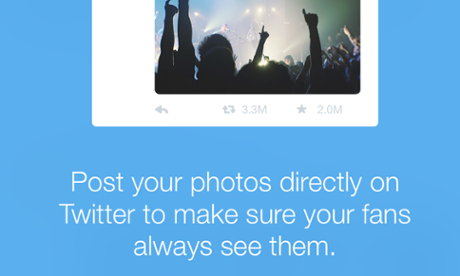My favourite photo of my friend John is the one I took just after smearing a lipstick kiss on his cheek. In it, he has turned to the camera, toothy grin exposed and eyes wild, caught out in surprise. John died in 2012. He had skin cancer that went into remission but later metastasised and came back in his brain, eight tumours at once. He was 25.
April 24 was the seventh anniversary of his death. For the first few years, my friends and I held events to mark the date. We floated paper cranes into Canberra’s Lake Burley Griffin or assembled in houses where we Blu-tacked photos of him on to the wall behind the drinks table, mingling awkwardly. We all knew why we were there but it was too painful to talk about so instead we changed the subject, sipping wine out of plastic cups while a collage of John’s life loomed behind us.
Then as the years went on, slowly these memorial events dwindled. I no longer live in the same city I’d shared with John; many of my friends have moved away too. At home on the night of that anniversary, hundreds of kilometres away from the rest of the people who knew him, I didn’t know what to do with myself. I scrolled through old photos of John on my phone and thought about posting one on Instagram but held back, unsure about the etiquette of remembering the dead online.
Grieving in the internet age is weird. Despite what many make out, millennials are actually reticent to get real on social media. Instead of being emotionally candid we’re perpetually sarcastic, self-deprecating and deliberately unpolished. Being “too online” or oversharing too readily is uncool. There’s a saying that you get one sincere online post a year; use it well. So then what do you do when someone has died?
In the earlier days of Facebook people used to post on the deceased’s wall on the anniversary of their death, but I don’t see that happen much anymore. Maybe we’ve collectively decided it’s uncouth, or maybe we just stopped using Facebook. These days, the consensus seems to be that emotional posts about certain deaths are cringey; others are downright problematic.
So I worried that posting a photo of John would look performative; that I would be making his death about me when my own loss was nothing compared with that of his girlfriend, who lost her love, or his mum, whose pain I can’t even comprehend. But then, in 2019, social media is also how we document our lives. Was it disingenuous to shitpost on Twitter all week then pretend that day in April was anything but swamped in sadness? If everything we do is online, is the omission tantamount to forgetting him?
Something I’ve always struggled with since John died is that there is nowhere to put my grief. He was cremated, leaving no grave to visit. He deactivated his Facebook when he got sick, so there was no wall left to post on, even if we wanted to. Maybe my social media conundrum is all part of accepting the futility of grief, something humans have had to grapple with long before Instagram came around. Nothing I do, or don’t do, will change his fate. Just like getting a tattoo of a dead sibling’s initials or leaving flowers by a roadside, social media posts are the futile gestures we turn to when we don’t know how else to express our pain.
In the end, I didn’t post the lipstick kiss photo on Instagram that night. Maybe I will next year, or the year after that. Like any of the ways we process grief, it won’t do anything but serve as a pressure valve for my pent-up love and longing. And in the aftermath of a senseless loss, that might be all we can ask for.
• Katie Cunningham is a freelance writer from Sydney











